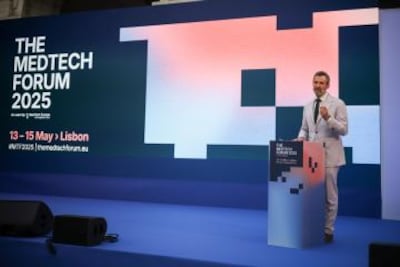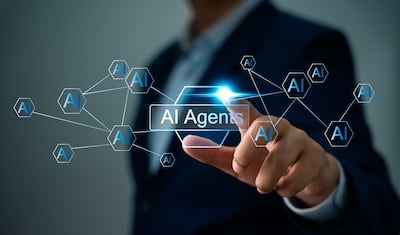Third-quarter 2017 biopharma financing reached $12.5 billion, just a 6% decrease from the previous quarter's $13.4 billion. (See Exhibit 1.) The most money was raised in the follow-on public offering category, which accounted for nearly half (49%) of the Q3 dollar volume. The average deal value increased to $124 million (versus $85 million in Q2), attributed to 20 of the 50 financings completed having a value of $100 million or more. The largest was Incyte Corp.'s $650 million September FOPO; part of the proceeds will fund R&D activities. [See Deal] In addition to Incyte's marketed oncology therapies Jakafi (ruxolitinib) and Iclusig (ponatinib; to which Incyte has exclusive European right per a 2016 deal with Ariad Pharmaceuticals Inc.[See Deal]), it has many more candidates in development across various therapeutic areas, including cancer, dermatology and immunology, with multiple partnered programs.

Biopharma Quarterly Dealmaking Statistics, Q3 2017
A look at financing, M&A and alliance activity July–September 2017
Third-quarter biopharma financing, which totaled $12.5 billion, was dominated by follow-on public offerings, which represented virtually half the value. Acquisition activity was headlined by a major move by Gilead in the CART market. Five alliances were signed worth over $1 billion, led by a partnership between two key players, Merck & Co. and AstraZeneca.

More from Deal-Making
More from In Vivo
A discussion with Karen Harris, CFO of the Alzheimer's Drug Discovery Foundation, about the foundation's investment strategy, biotech and investor sentiment at the recent BIO conference and what innovations give her hope for Alzheimer's patients.
Against a backdrop of shifting trade policies, the end of multilateral market approaches and renewed focus on supply chain resilience, medtechs are doubling down on innovation in products and processes – using AI – and keeping unmet needs and outcomes in the center of the target.
While biopharma companies experiment with genAI, agentic AI is rapidly shifting the work paradigm towards one of autonomous digital workers that can handle entire process flows.


